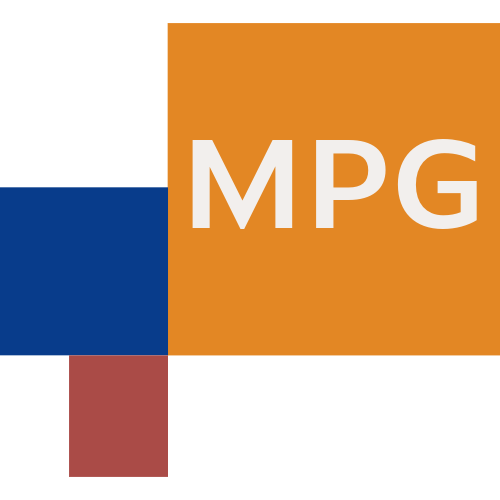menu
menu
Menu
cancel
- arrow_back_iosBacknavigate_nextpersonPersonal
- groupCommunities
- articleBlogs
- eventEvents
- sourceTemplates
- question_answerQuestions
- schoolLearning
- business_centerBusiness
- live_helpFAQ
- This question explores the potential for blockchain to provide transparent, immutable records of government transactions and decisions, which can help reduce opportunities for corruption and i...
- This question examines the technical, logistical, and security challenges that come with deploying blockchain for voting, including concerns around voter anonymity, scalability, the digital di...
- This question looks into how blockchain could be used to securely store and manage public records, such as land titles or birth certificates, as well as streamline identity verification proces...
How can the integration of blockchain technology enhance transparency and accountability in public sector governance?
What role do digital platforms and tools, such as e-governance applications, play in increasing citizen engagement and participation in the democratic process?
In what ways can the adoption of machine learning and artificial intelligence improve decision-making processes and policy development in governmental institutions?
**What are the key components of an effective accountability structure within an organization, and how do they contribute to achieving organizational goals?
2. **How can organizations implement accountability structures to ensure transparency and responsibility at all levels, and what challenges might they face in doing so?
3. **In what ways do accountability structures impact organizational culture and employee performance, and how can these structures be aligned with the organization's values and objectives?
These questions can help in exploring the design and impact of accountability structures in various organizational settings.?
